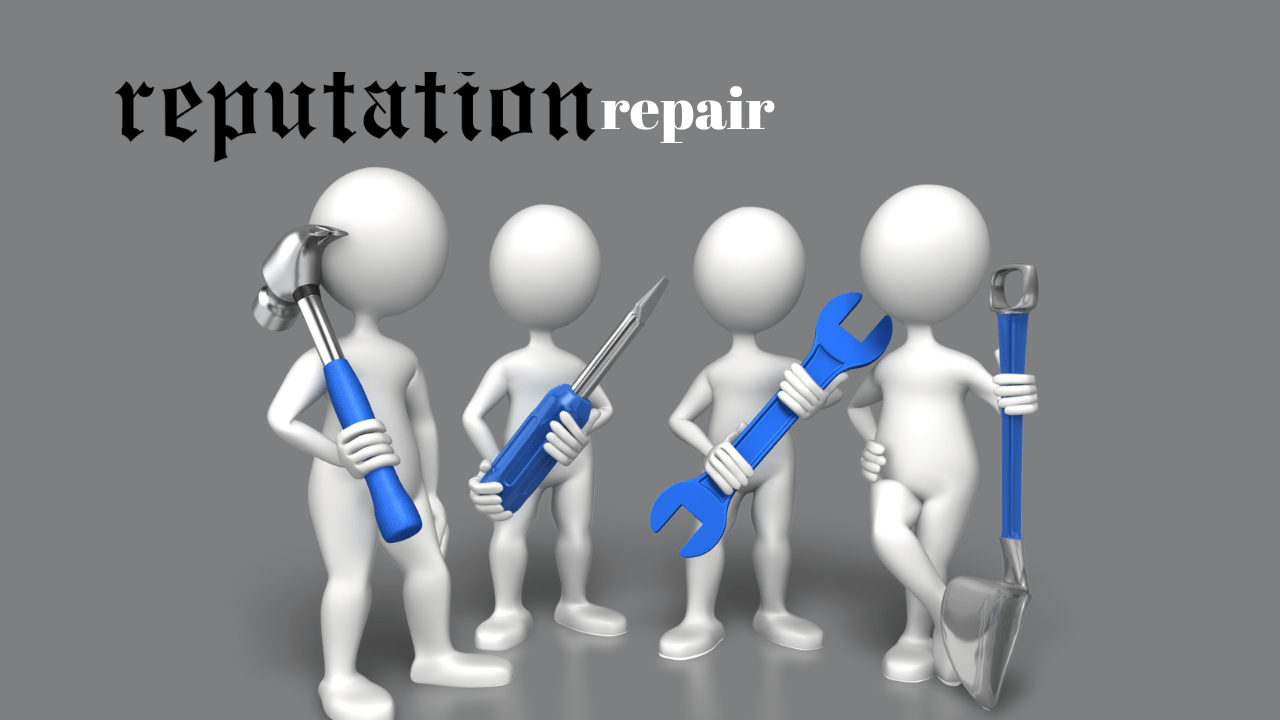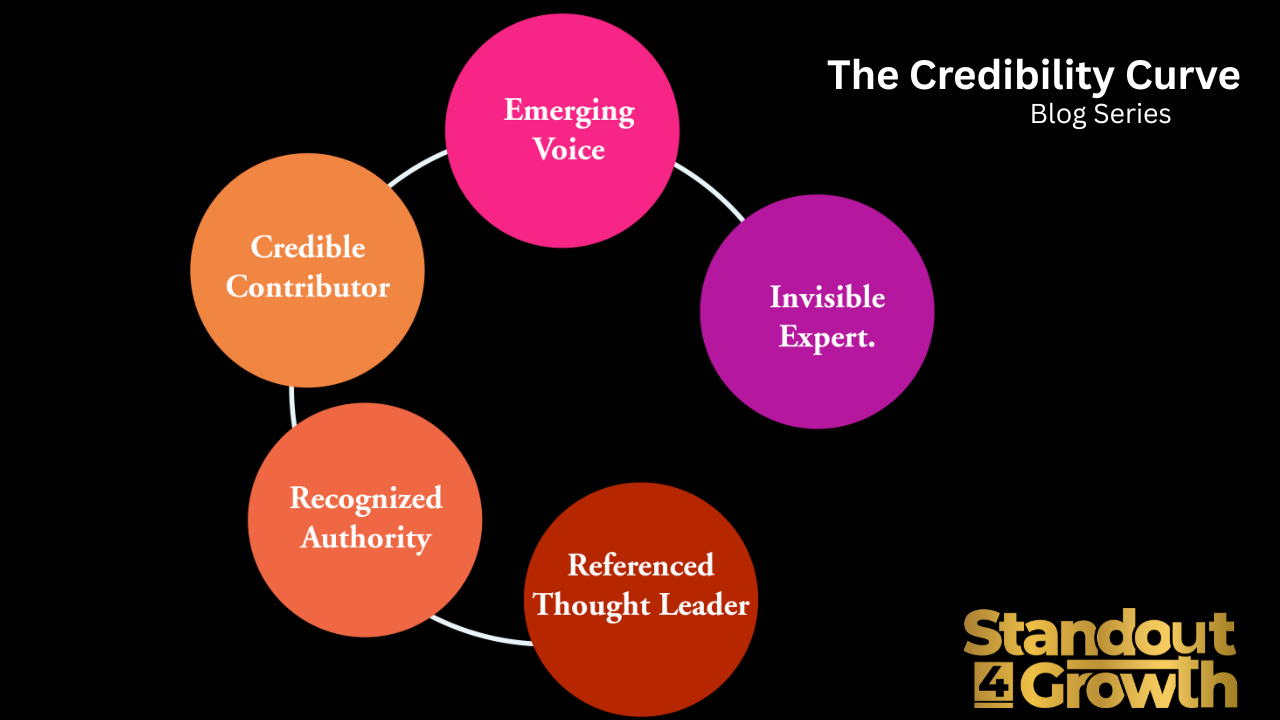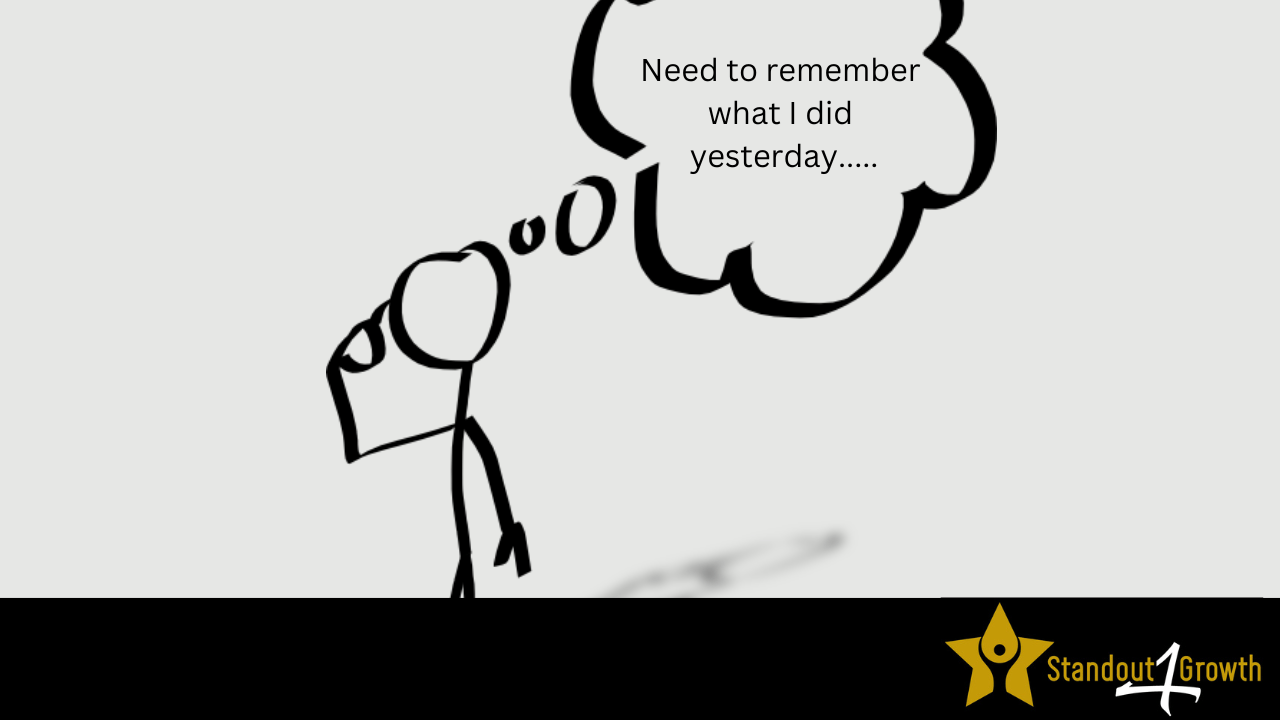
What to do when dealing with a damaged reputation
From the article last week titled Why does building a good reputation matter, I was challenged to go deeper to

If you belong to the era of the dinosaurs like I do, having a conversation with Gen Z individuals can be both shocking and inspiring. One such conversation that left me astounded was centered around the topic of marriage. Many people from my generation and older believe in the institution of marriage and remain committed to it even when all signs suggest otherwise. We hold the belief that once we’ve made the decision to enter into a union with our partners, we are bound by that decision.
However, this new generation holds a different perspective. According to one Gen Z, life is comprised of seasons, and in each season, there is a person befitting that season. Accordingly, one should allow themselves to fully blossom in their ‘happy’ season and should the changes of the season not align with you or the person that is with you, then that is a sign that it is time to move on. After all, “Who said death had to be physical death anyways?”. A question I was asked and couldn’t answer or defend.
To them, the notion of ‘death’ as mentioned in traditional marriage vows, “Till death do us part,” need not be interpreted strictly as physical death. Instead, it should be viewed as metaphorical, signifying the end of a relationship that no longer serves their happiness. The concept of being ‘unhappy’ holds no place in their vocabulary, it seems.
Those of us who were listening to these words from the Gen Z were bewildered by this belief, and we couldn’t even come up with a solid counter-argument. Unfortunately or fortunately, this is the prevailing mindset among most Gen Z’s out there.
Have we projected so much doom and gloom on the institution of marriage that the generations after us fail to see any value in defending its existence? Are married folks leading such miserable lives that single people view them with pity and perhaps even disdain for being trapped in such an unhappy situation? Have those who are married ruined the reputation of the institution to such an extent that outsiders prefer to stay away? And are these arguments even valid?
As I pondered on these questions, I too couldn’t help but draw parallels to the developing reputation of the concept of personal branding. With all the hype surrounding this topic, many people perceive personal branding as a shameless form of self-promotion by those lacking the ability to live up to the standards set by the silent achievers. But is that really the case? Do those who engage in personal branding truly lack substance? And is personal branding suitable for everyone or just a select few?
To answer these questions, we must understand why personal branding is important and how it can serve as a valuable tool for professional growth.
With a strong personal brand, people know what you stand for and what you can offer them. This increases the likelihood that they will choose to do business with you or even hire you. For example, if you are a fashion designer, your personal brand could revolve around your ability to create modern and stylish designs. You can showcase your portfolio on your website and social media channels, or write blog posts about design trends to demonstrate your expertise in the field. This enables potential clients to see that you are an expert that can meet their design needs thus opening doors of opportunity.
When you take the time to define your personal brand, it forces you to reflect on your strengths and weaknesses. This process can increase your confidence in your abilities and provide a deeper understanding of your own values and capability. For instance, if you are a public speaker, you can define your personal brand as someone passionate about sharing knowledge with others. You can express this through writing posts about public speaking tips, offering free workshops or webinars, and connecting with people who share an interest in public speaking. This not only builds your confidence as a speaker but also helps you establish connections.
Only when you are self-aware can you truly showcase your capabilities, allowing you to serve your audience to the fullest. That way, you will be able to deliver value instead of being one who offers mere lip service.
It’s important to acknowledge that in every field, there will always be a few bad apples that tarnish the reputation of the entire practice; however, these isolated cases should not be used to dismiss the entire concept altogether.
As a Personal Branding enthusiast, I can confidently defend the concept Personal Branding to anyone willing to listen. And anyone looking to grow professionally or in business should take deliberate steps towards building their personal brand.
This week, give yourself the time to indulge on your personal brand and #standout4growth.
Back to the conversation on marriage, I must admit that I don’t consider myself qualified enough to defend or address the questions raised regarding the institution of marriage. However, I am genuinely interested in learning more about this topic. What is your perspective on the point of view expressed above? I would love to hear from you.
Did you get a chance to read our last article on Nurturing a Multi-Dimensional Career

From the article last week titled Why does building a good reputation matter, I was challenged to go deeper to

The Credibility Curve: Becoming the Credible Contributor, building signature content assets Once you’ve found your voice and established a regular

Did you know that character consistency in your Personal Branding journey is critical to your growth as an individual. I